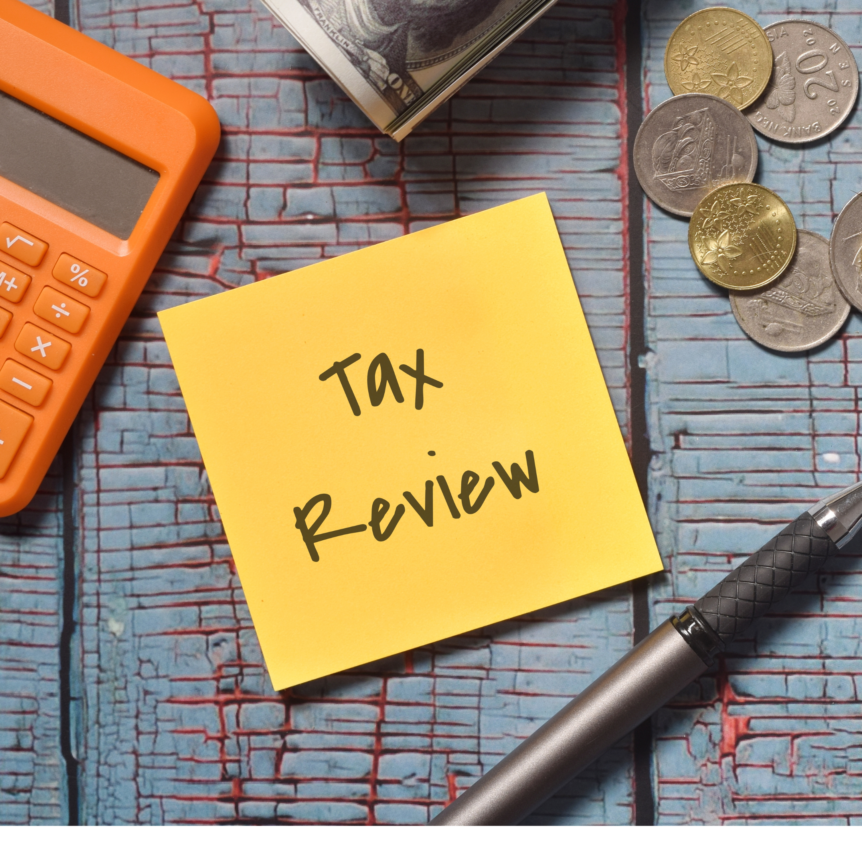Year End Tax Planning Guide: How to Meet Deadlines and Avoid Penalties
You’ve got enough stress in the final weeks of the year without worrying about Tax Day. Unfortunately, some year end tax planning strategies can only be put in place before December 31. So, as hard as it might be, it might be worth it to pull away from the festivities and make a call to your favorite estate planning attorney before the ball drops in Times Square.
TABLE OF CONTENTS
Year End Tax Planning Checklist for Entrepreneurs
Year-end tax planning isn’t just about checking boxes—it’s about making strategic moves to maximize earnings and avoid costly penalties. Whether you’re looking to reduce your taxable income, grow your retirement savings, or ensure you’re meeting IRS requirements, these year-end tax planning strategies can make a real impact:
1. Save Your Bonus for January
If you’re between two income brackets, there could be some wiggle room in your end-of-year tax planning. For example, you may be able to delay income (like bonuses or contract payments) until the following year to push this year’s taxable income into a lower bracket. You can also accelerate deductions by paying any outstanding deductible expenses (such as property taxes) before year-end.
2. Bulk Up Your Retirement
Make sure you’ve contributed the maximum amount to your 401(k) for the year. In 2024, the max is $23,000 or $30,500 if you’re over 50. This is a one-two punch for tax saving, as it reduces your taxable income and grows tax-deferred. Contributing to a traditional IRA qualifies for additional tax deductions. If you’ve hit the 401(k) max, check if your plan allows for after-tax contributions that can be converted to a Roth.
3. Harvest Your Tax Losses
While reviewing your investment portfolio at the end of the year, note any losing investments you could sell to offset capital gains (tax-loss harvesting). If your losses exceed your gains, you can offset up to $3,000 of your taxable income for 2024—and any leftover losses can be carried over to future years.
4. Make Some Last-Minute Gifts
You can give up to $18,000 ($36,000 for married couples) in cash to as many people as you want before the end of 2024 without incurring estate and gift tax. While it may not reduce your taxable income, it does offer a boon for your relatives over the holidays (and transfer cash tax-free to your heirs). If you don’t want to give large sums to minors, consider funding a 529 college savings plan for your children or grandchildren, taking advantage of state tax benefits and future tax-free growth.
Bonus Gifting: Here’s a suggestion to super fund a college savings plan. Give $90,000 to the fund this year, then amortize the gift through the 2028 tax year. This allows the fund manager additional principal to work with at the initial investment without impacting one’s lifetime gift tax exemption.
5. Share the Wealth
Donations to a Donor-Advised Fund (DAF) avoid capital gains taxes and get an immediate deduction. You could even consider bunching several years into a single donation year to exceed the standard deduction; however, you would need to itemize deductions on your tax return.
You could get a double tax benefit by making a gift of stocks or mutual funds that you’ve owned for a year or more. First, you get a charitable deduction for each security’s full fair market value; second, you pay no capital gains tax on the appreciation. The IRS limits your deduction to 30% of your adjusted gross income (AGI), but you can carry over excess deductions up to five additional years.
[Pro Tip: Gifting securities can take time, so you’ll want to start the process as soon as possible to ensure the transfer is completed by year’s end. Always keep your receipts!]
There may be other tax-advantaged charitable donation options depending on your situation. For example, individuals over 70½ can donate considerable sums to Qualified Charitable Distributions (QCDs) without penalties.
6. Be Meticulous with Business Deductions
Corporate taxation goes far beyond the structure of your business. You may be able to expense the full amount of expenditures through Section 179 (or bonus depreciation if you’re buying assets). If you’re selling real estate, it may be worth exploring like-kind exchanges to defer capital gains taxes. Our background in asset protection, corporate law, and estate planning gives us unique insight into these matters.
7. Take Your Required Minimum Distribution (RMD)
If you’re 73 or older, you must take your Required Minimum Distribution (RMD) from tax-deferred retirement accounts by year-end. (For those turning 73 in 2024, you have until April 1 to take your first RMD.) Miss the deadline, and you could face a hefty 25% penalty on any shortfall.
However, if you’re worried that RMD income might push you into a higher tax bracket, now’s the time to start strategizing. There are ways to reduce your future RMDs, such as Roth conversions or charitable giving, to minimize tax impact in the years to come.
Don’t Let the Clock Run Out
These strategies are powerful, but it takes an experienced estate planning attorney to align everything efficiently. Time is tight! Email us at hello@yolofskylaw.com today or schedule a 15-minute call to see how we can help.

